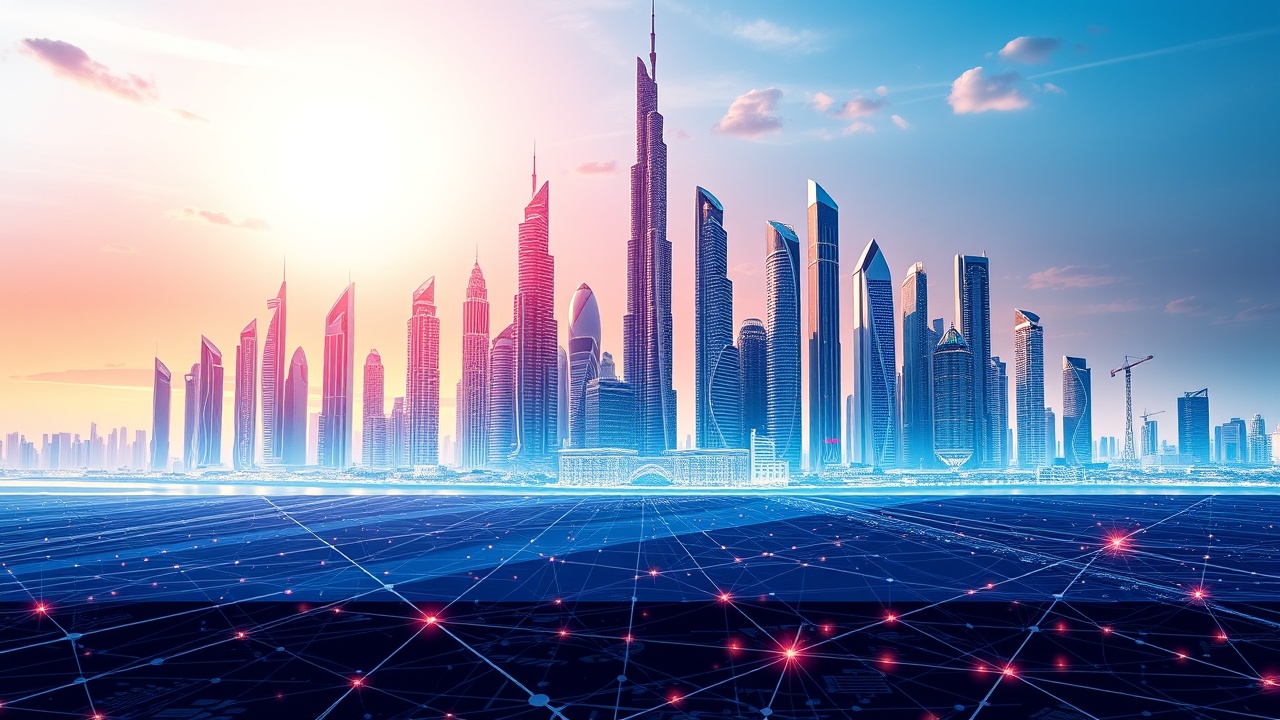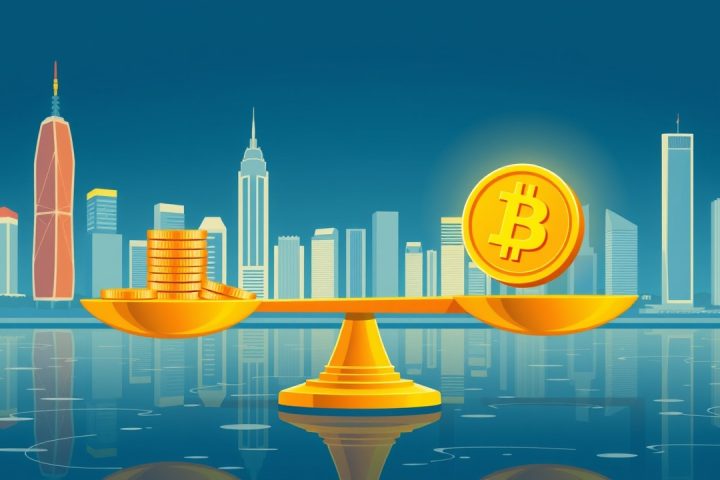Dubai: A Hub for Web3 Technologies and Digital Financial Systems
In recent years, Dubai has become a hotspot for the development of web3 technologies and digital financial systems, creating an environment rich in opportunity for innovation. The city is leveraging a unique blend of regulatory transparency, collaboration between public and private sectors, and a commitment to fostering cutting-edge advancements to establish itself as a leading jurisdiction for digital assets.
Transformational Initiatives and Economic Growth
Since initiating its Dubai Blockchain Strategy in 2016, the Emirate continues to roll out ambitious projects aimed at transforming its economy into a digital-centric powerhouse. Strategies such as the Dubai Metaverse Initiative and the Dubai Economic Agenda D33 are expected to generate substantial contributions to the economy—notably aiming to create over 40,000 jobs and inject approximately $4 billion into the economy.
Regulatory Framework and Free Zones
One of the key pillars of Dubai’s strategy involves establishing robust regulatory frameworks. The establishment of the Virtual Assets Regulatory Authority highlights this commitment, along with the creation of more than 20 Free Zones designed to attract innovation-focused enterprises by offering incentives such as full foreign ownership and simplified business establishment processes. Among these, the Dubai International Financial Centre (DIFC) stands out as a premier free zone boasting its own regulatory body, the Dubai Financial Services Authority (DFSA).
Supporting Digital Economy through Innovation
In an innovative move to further support the digital economy, the DFSA has introduced the Tokenization Regulatory Sandbox, geared toward businesses interested in developing tokenized financial products. This initiative consists of two phases: initially, interested firms must declare their intent, followed by those selected joining the Innovation Testing License Tokenization Cohort to trial their offerings within a controlled regulatory environment. The Sandbox not only offers firms access to vital regulatory guidance but also enables them to operate in live market conditions to refine their products ahead of a full licensing.
Collaboration with Traditional Financial Institutions
Additionally, traditional financial institutions in Dubai are forging partnerships with digital asset platforms to enhance services. A notable example occurred at the end of 2024 when Dubai Islamic Bank aligned with Crypto.com to provide streamlined access to the app and related card through the bank’s payment network. This collaboration seeks to roll out reward programs and allow users to fund their Crypto.com accounts using local currency, thus ensuring compliance with Sharia law through innovative financial solutions.
Real Estate Tokenization and Market Liquidity
Dubai’s government is also playing a significant role in fostering a tokenized economy. Earlier this year, the Dubai Land Department launched a pioneering real estate tokenization pilot, utilizing blockchain technology for property title deeds. Collaborating with VARA and the Dubai Future Foundation, this project aims to be the first on-chain real estate registration authority in the Middle East, projecting a tokenized real estate market that could hit $16 billion, equating to 7% of the city’s property transactions by the end of 2023.
The ability to tokenize real estate not only simplifies the ownership process but also enhances market liquidity and transparency, allowing for fractional ownership and reducing barriers for investors.
H.E. Eng. Marwan Ahmed Bin Ghalita, the Director General of the Dubai Land Department, emphasized that this advancement aligns with the authorities’ goal to achieve global leadership in real estate investment.
Conclusion: Dubai as a Launchpad for Global Finance
With its agile regulatory framework, strategic location, and commitment to technological innovation, Dubai is poised to become a global hub for web3 finance. Events like Token2049 Dubai are now serving as significant networking venues, bridging gaps between founders and investors, while over 300 related events this year transformed Dubai into an active innovation laboratory.
As Dubai continues to cultivate a thriving ecosystem for digital asset investment, it is clear that the city is not merely a point on a map but a vital launchpad for the future of global finance. With its ongoing initiatives, Dubai exemplifies a city at the forefront of the digital transformation, offering a replicable model for others seeking to innovate in the financial sector.




